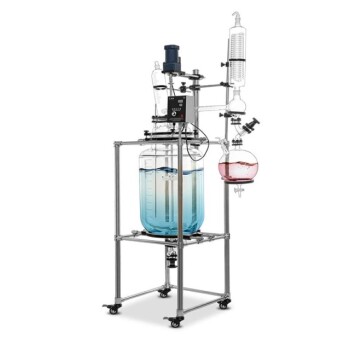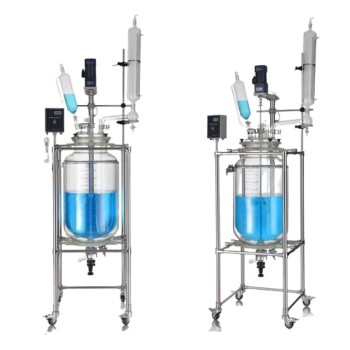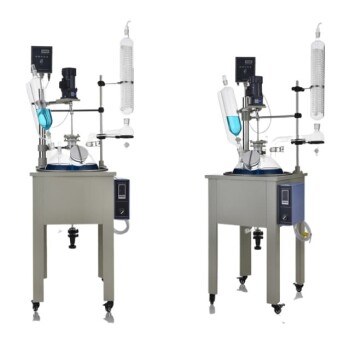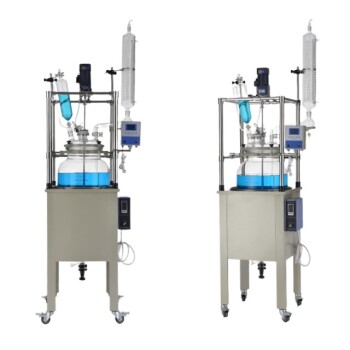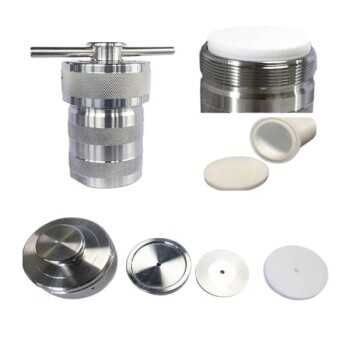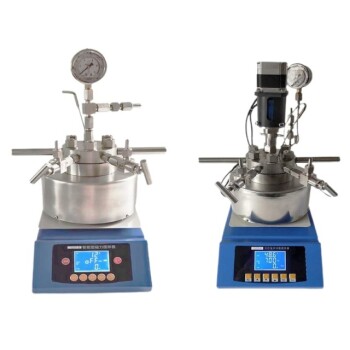Jacketed glass reactors are versatile and widely used in industries such as chemical, pharmaceutical, biotechnology, and food processing. They are designed to handle a variety of processes, including chemical synthesis, distillation, crystallization, extraction, and polymerization. Their unique design features a heating or cooling jacket that allows precise temperature control, making them ideal for reactions requiring uniform heat exchange. These reactors are also used in research and development, pilot plant operations, and large-scale production. Their adaptability, combined with features like operational ports for adding materials and recovering distilled products, makes them essential for modern chemical and pharmaceutical manufacturing.
Key Points Explained:
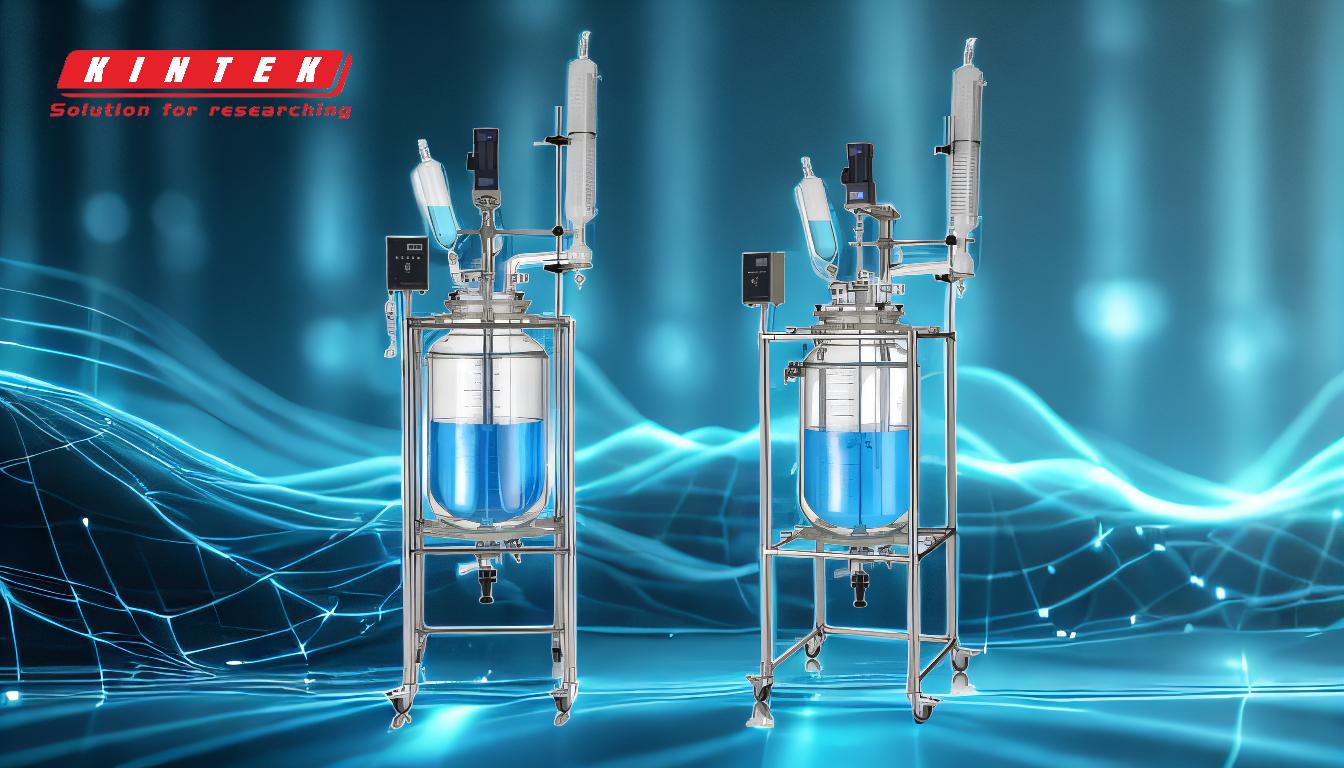
-
Versatility in Applications:
- Jacketed glass reactors are used across multiple industries, including chemical, pharmaceutical, biotechnology, and food processing.
- They are suitable for processes like chemical synthesis, polymerization, distillation, crystallization, and extraction.
- Their adaptability makes them ideal for both small-scale laboratory research and large-scale industrial production.
-
Precise Temperature Control:
- The jacketed design allows for uniform heat exchange between the circulating fluid (heating or cooling) and the vessel's walls.
- This feature is critical for reactions that require precise temperature regulation, such as distillations, reflux reactions, and extractions.
- The insulation reduces energy consumption, making the process more efficient.
-
Operational Flexibility:
- These reactors come with operational ports for adding materials, measuring temperature, and recovering distilled products.
- They can function as batch reactors or continuous reactors, depending on the process requirements.
- The ability to adjust vacuum and temperature conditions enhances their utility in complex chemical processes.
-
Use in Research and Development:
- Jacketed glass reactors are widely used in modern fine chemical plants and pilot plants for synthesizing new materials.
- They are essential for development processes, filtration, workup, purification, and mixing in scientific research.
- Applications include biofuel production, electrochemistry, and advanced synthetics studies.
-
Industrial and Environmental Applications:
- These reactors are used in the production of chemicals, pharmaceuticals, and dyes.
- They are also employed in environmental testing and processes requiring precise control of reaction conditions.
- Their design ensures efficient mixing and reaction of materials, making them indispensable in industrial chemistry and pharmaceutical manufacturing.
-
Design and Customization:
- Jacketed glass reactors are available in various shapes, sizes, and qualities to meet specific reaction requirements.
- The glass-lined design ensures compatibility with a wide range of chemicals and materials.
- Customizable features make them suitable for specialized applications in modern chemistry and pharmacy experiments.
In summary, jacketed glass reactors are indispensable tools in modern chemical and pharmaceutical industries due to their versatility, precise temperature control, operational flexibility, and adaptability to both research and industrial applications. Their design and features make them ideal for a wide range of processes, from small-scale laboratory experiments to large-scale production.
Summary Table:
| Feature | Description |
|---|---|
| Versatility | Used in chemical, pharmaceutical, biotechnology, and food processing industries. |
| Temperature Control | Precise heat exchange for reactions like distillation, crystallization, and more. |
| Operational Flexibility | Includes ports for material addition, temperature measurement, and product recovery. |
| Research Applications | Essential for R&D, pilot plants, and large-scale production processes. |
| Customization | Available in various shapes, sizes, and designs for specialized applications. |
Looking for a jacketed glass reactor tailored to your needs? Contact us today to learn more!

